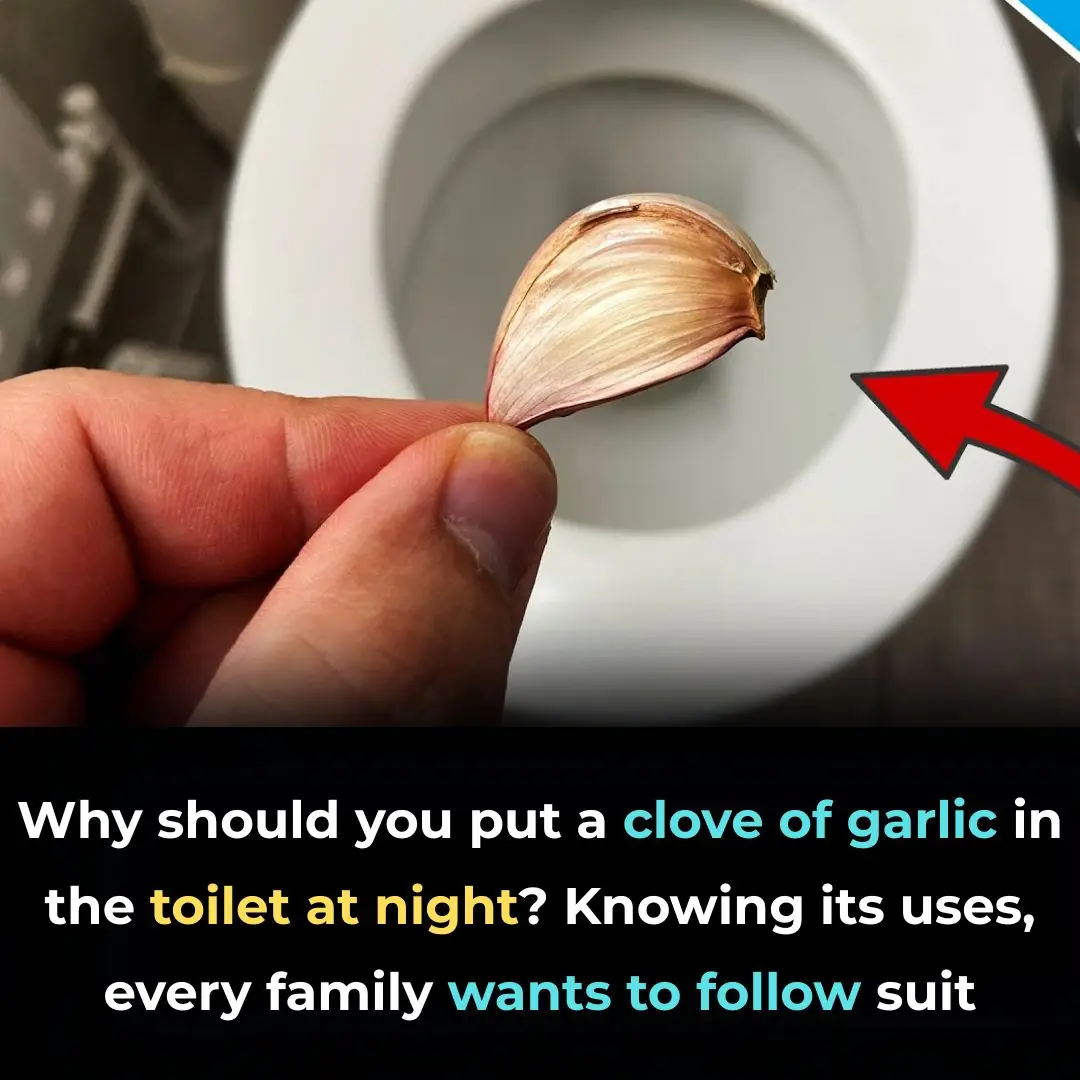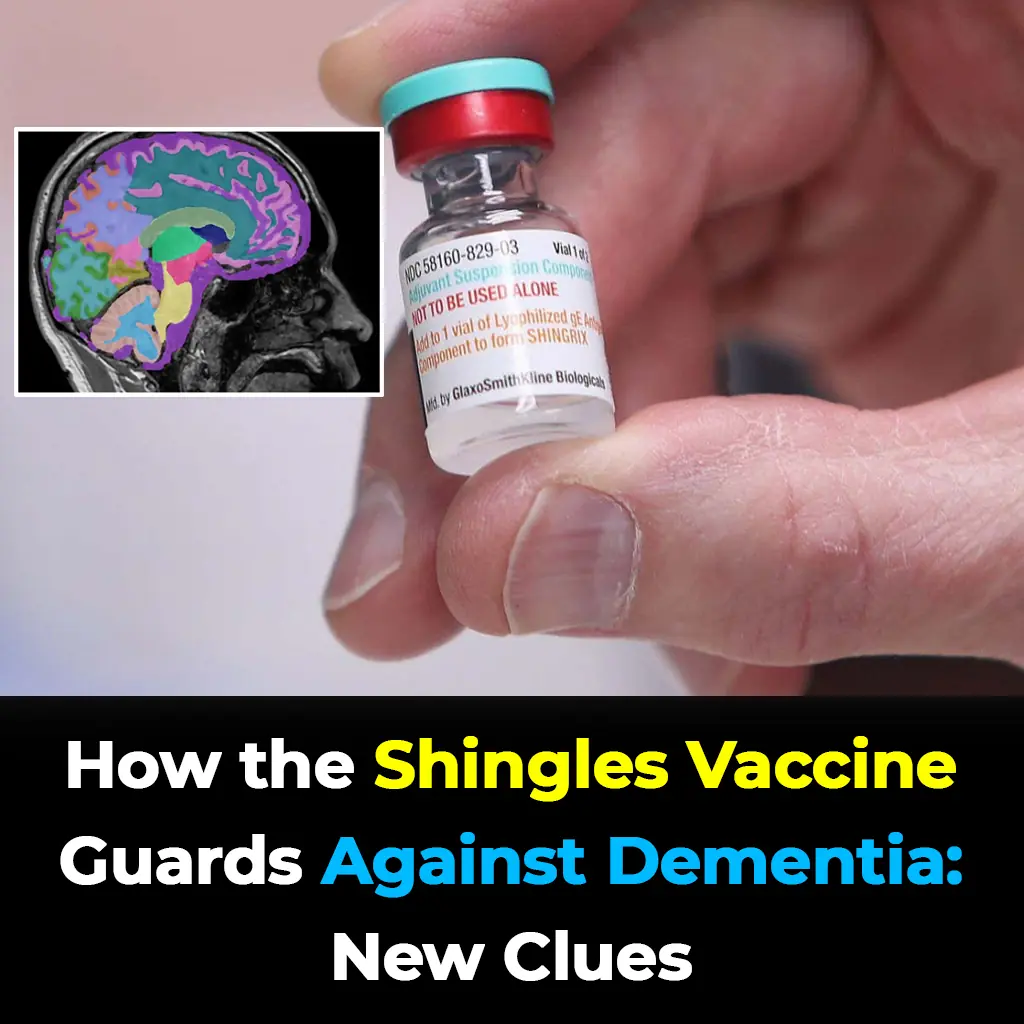
Shingles Vaccine May Protect Against Dementia, New Study Suggests
Could a simple vaccine hold the key to protecting the brain against one of the most feared diseases of aging?

Sometimes it means you’ve simply burnt your toast or forgotten a deadline. But when it comes to your health, especially the early signs of cancer, hindsight can cost you everything.
According to the American Cancer Society, approximately 1.6 million new cases of cancer were diagnosed in the U.S. in 2014 alone, and nearly 600,000 lives were lost. These numbers continue to rise in recent years. In many of these cases, late detection played a major role. That’s because cancer doesn’t always arrive with dramatic symptoms—it often whispers before it roars.
Some early signs of cancer can appear so ordinary, so deceptively mundane, that we brush them off as everyday annoyances. But being aware of the subtle warning signs could help you catch the disease in its early, most treatable stages.
Below are 15 seemingly harmless symptoms that may warrant a visit to your doctor—especially if they persist or worsen over time.
Spotting between menstrual cycles is often dismissed as a hormonal hiccup or stress response. But if it happens more than once, or is accompanied by cramping, unusual discharge, or pain, it’s worth investigating. Persistent intermenstrual bleeding could indicate endometrial cancer (cancer of the uterus lining), or in rare cases, cervical cancer.
⚠️ Don’t assume it’s normal—if you’re postmenopausal and experience bleeding, see a doctor immediately.
Nearly everyone experiences bloating. But if it lasts more than two weeks and comes with other symptoms—such as pelvic pain, abdominal swelling, or unexpected weight loss—it could be a red flag for ovarian cancer, one of the most silently aggressive cancers.
Ovarian cancer is often diagnosed late because its early symptoms mimic digestive issues. The key is duration and frequency. Daily bloating that doesn't go away? Talk to your physician.
A painless lump in the testicle is often the first sign of testicular cancer, which can spread rapidly if not detected early. Other symptoms may include a feeling of heaviness, aching, or noticeable size differences between testicles.
🔎 Men ages 15 to 55 are encouraged to perform monthly self-examinations. Early detection = high survival rate.
Struggling to start urination, weak stream, or frequent urges—especially at night—can be signs of an enlarged prostate, but could also point to prostate cancer. If the symptoms worsen over time or are accompanied by pain, blood, or pelvic discomfort, don’t delay in getting checked.
Breast cancer affects more than just women—men can get it too. Watch for:
New lumps
Changes in breast shape or size
Skin dimpling or redness
Nipple discharge or inversion
Most breast changes are benign, but any unexplained transformation should be evaluated by a medical professional. The earlier breast cancer is caught, the higher the chance of successful treatment.
Seeing blood where there shouldn’t be is never normal. Bright red or dark tarry stools may be a sign of colorectal cancer, while blood in urine could signal bladder or kidney cancer. Even if it happens only once, seek medical advice. These signs often appear before any pain or other symptoms develop.
Skin cancer—especially melanoma—can start with something as simple as a changing mole. Use the ABCDE rule to check:
Asymmetry: One half doesn’t match the other
Border: Irregular, scalloped, or poorly defined edges
Color: Multiple shades or uneven color
Diameter: Larger than 6mm (size of a pencil eraser)
Evolving: Changing in size, shape, or color
🔁 Monthly self-checks and annual skin screenings are crucial.
Losing weight without dieting or exercise might sound like a blessing—but in medical terms, it's a potential red flag. If you drop 10 pounds or more in a short span without trying, it could indicate cancers of the pancreas, stomach, lung, or esophagus.
Everyone experiences aches and pains. But when the discomfort persists for weeks or can’t be linked to an injury or known cause, it may be more than a sore muscle.
Bone pain could signal bone cancer.
Headaches that don't respond to treatment may indicate brain tumors.
Back pain could be linked to ovarian or colon cancer.
Pain without explanation is your body’s way of asking for help.
Fatigue is easy to ignore in our overworked, overstimulated lives. But if you’re eating well, sleeping enough, and still feel constantly exhausted, something deeper may be going on.
Persistent fatigue is a common early symptom of leukemia, colon cancer, or stomach cancer. Unlike ordinary tiredness, cancer-related fatigue doesn't improve with rest.
Occasional trouble swallowing could be caused by a sore throat or dry mouth. But persistent dysphagia, or difficulty swallowing, might point to throat, esophageal, or even lung cancer. Especially if it worsens over time or comes with chest pain or weight loss, it's time to see your doctor.
A cough that lingers longer than three weeks deserves attention. If it worsens, causes chest pain, or brings up blood, it could indicate lung cancer or throat cancer—especially if you’re a smoker or have a history of exposure to secondhand smoke or air pollutants.
Frequent heartburn or acid reflux may feel like a minor annoyance. But chronic reflux that doesn’t respond to treatment could lead to or indicate esophageal cancer, and in some cases, stomach or ovarian cancer.
If your heartburn is severe, recurrent, or paired with unintentional weight loss or difficulty swallowing, it’s worth investigating.
Fevers are part of the body’s natural immune response—but if you’re running a fever for more than a few days, or if they recur without a clear cause, it could be an early sign of blood cancers, like leukemia or lymphoma.
Lymph nodes swell when the body is fighting an infection—but painless, persistently swollen nodes, especially in the neck, groin, or underarms, may point to cancers like lymphoma or leukemia. If the swelling doesn’t subside within a few weeks or continues to grow, consult a doctor.
It’s important to note that most of these symptoms are not exclusive to cancer. They can often be caused by minor illnesses, stress, or lifestyle factors. But when these signs linger, worsen, or appear in combination, it’s a good idea to get checked.
✅ Early detection saves lives. Many cancers are highly treatable when caught early.
Listen to your body.
Keep track of symptoms.
Get regular screenings, especially if you’re at high risk.
Cancer doesn’t always arrive with fanfare. Sometimes it whispers. Make sure you’re paying attention when it does.

Could a simple vaccine hold the key to protecting the brain against one of the most feared diseases of aging?

From elevated cancer rates to stress-induced cardiovascular disease, the profession carries health costs that demand greater awareness and intervention.


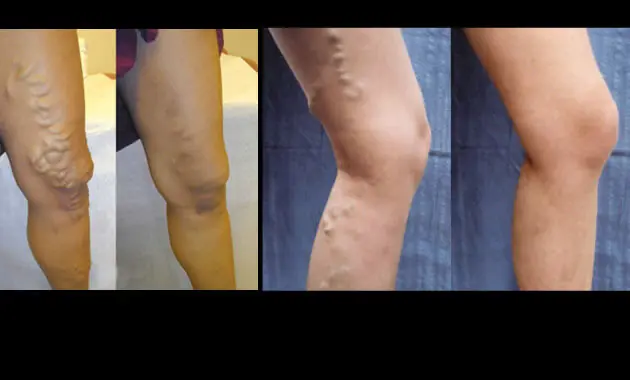


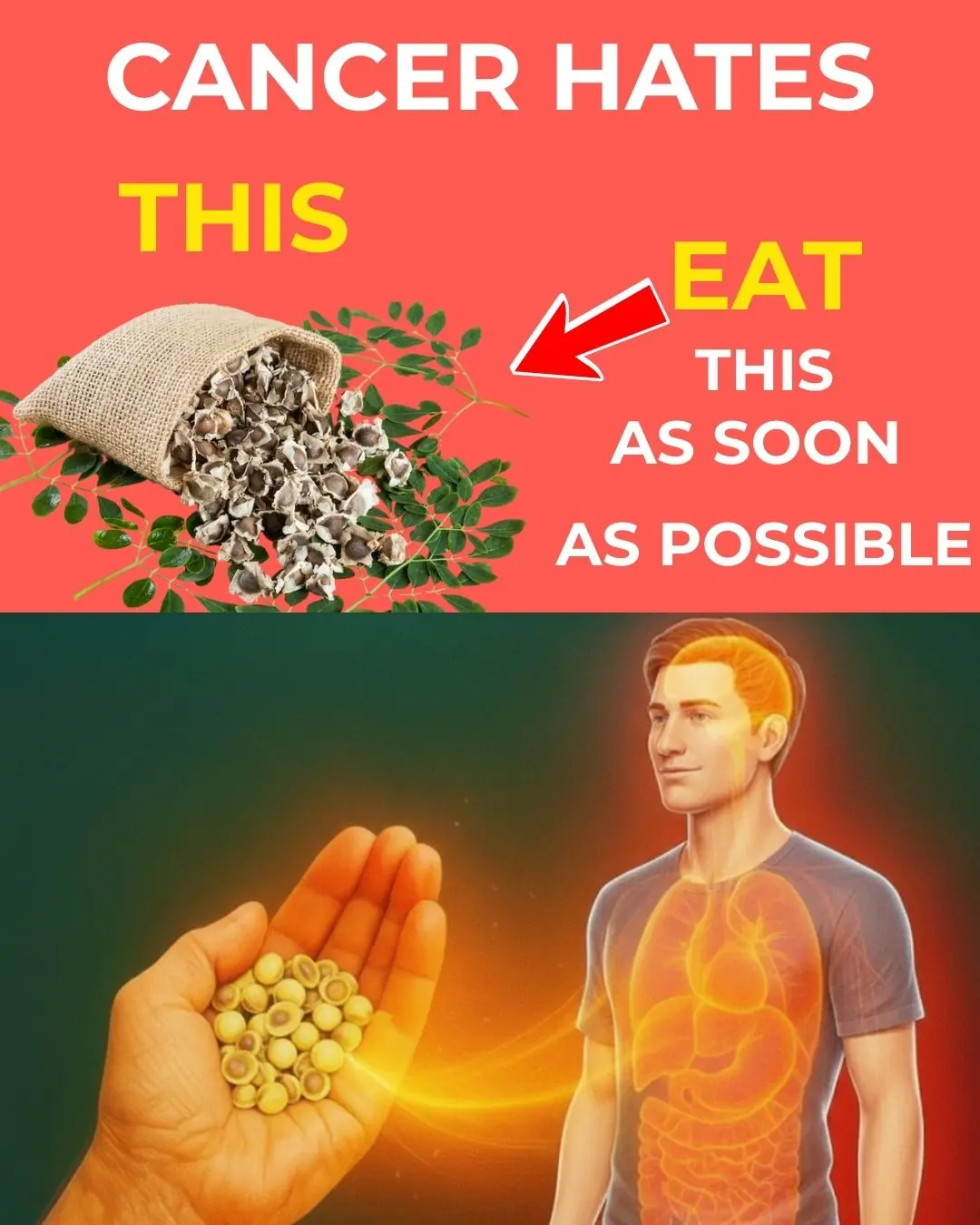

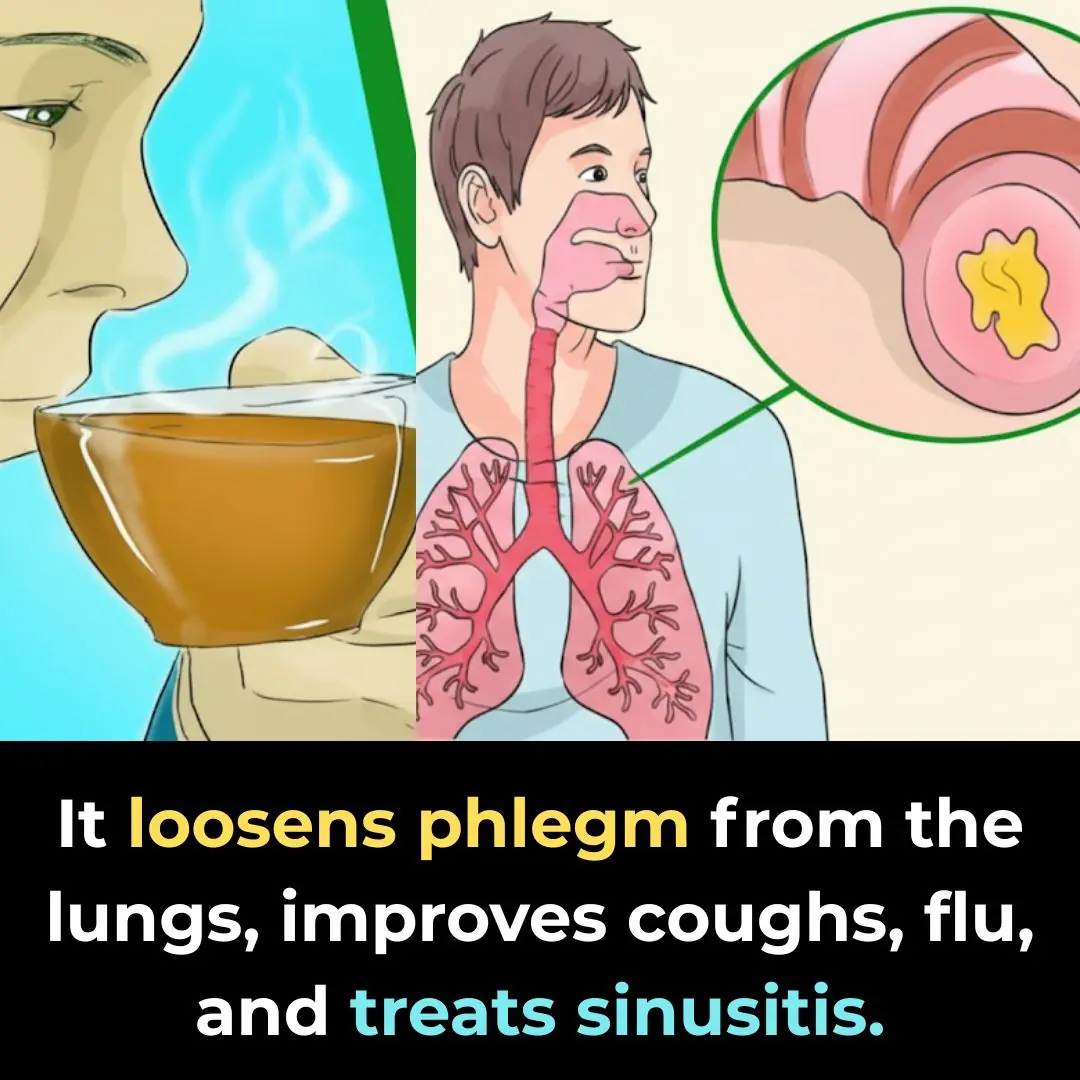
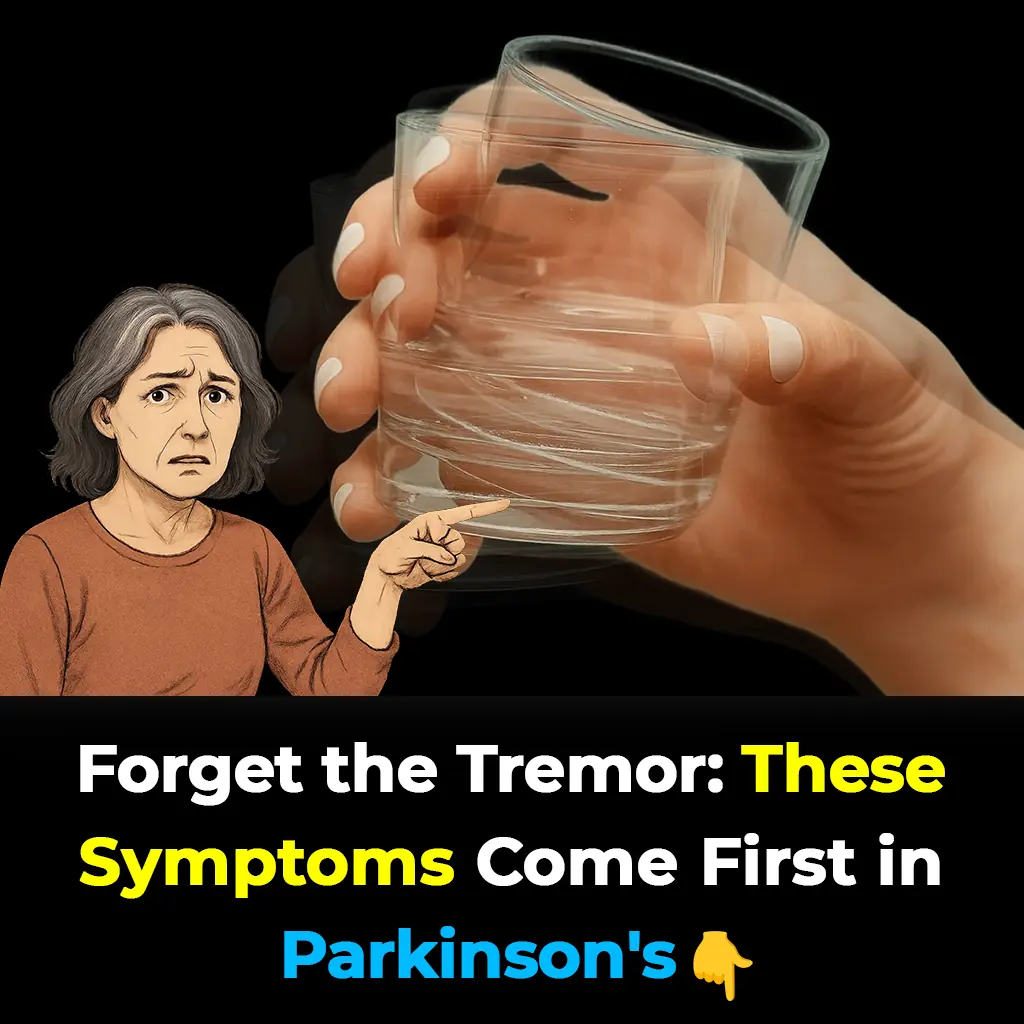
Catching these subtle, non-motor clues may help identify Parkinson’s long before the motor stage, opening the door to interventions that could delay its full expression.

While debate continues over its official recognition, the research shines a spotlight on the neurological toll of modern labor demands and could pave the way for tailored treatments in the future.

The study authors emphasize that these findings mark only the beginning.

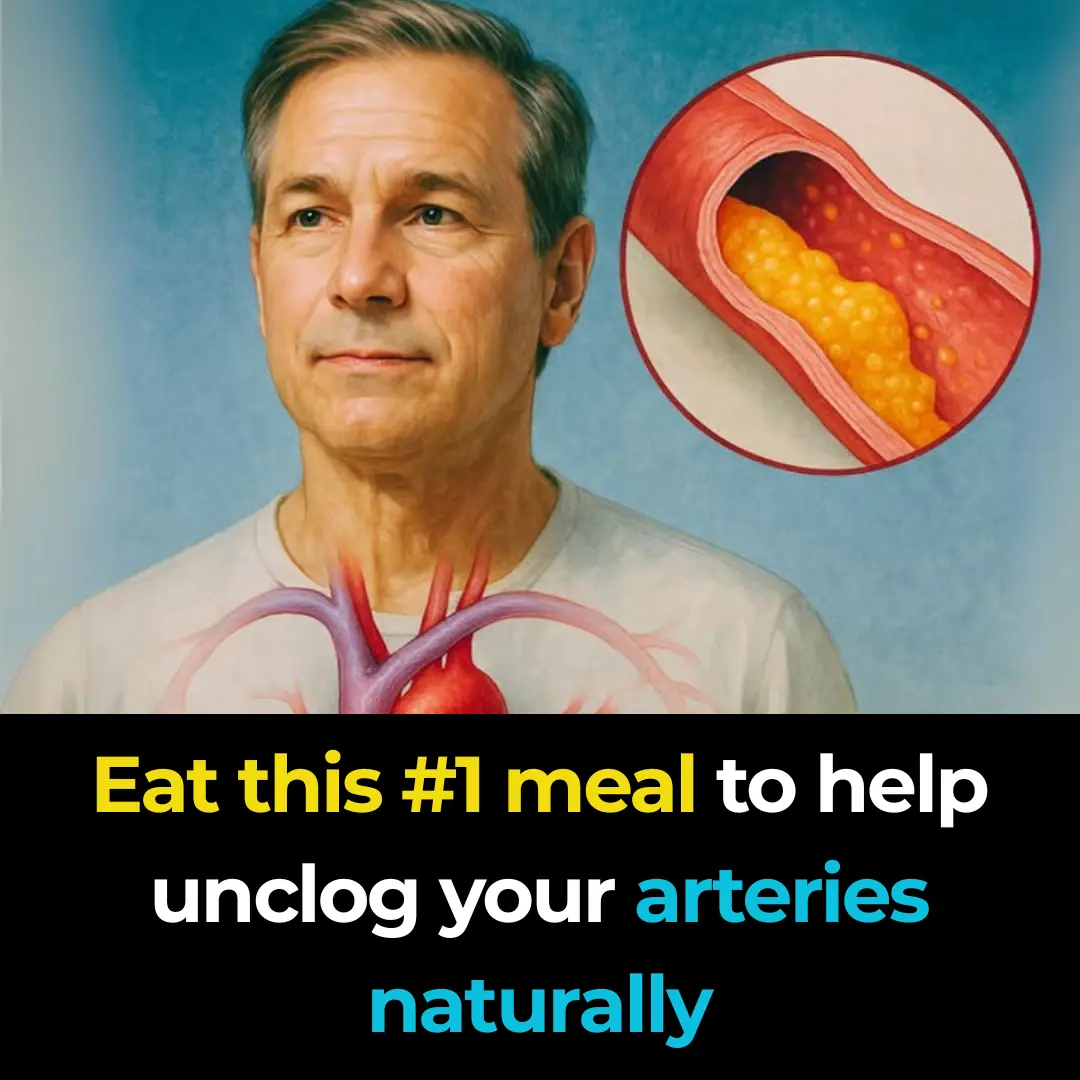

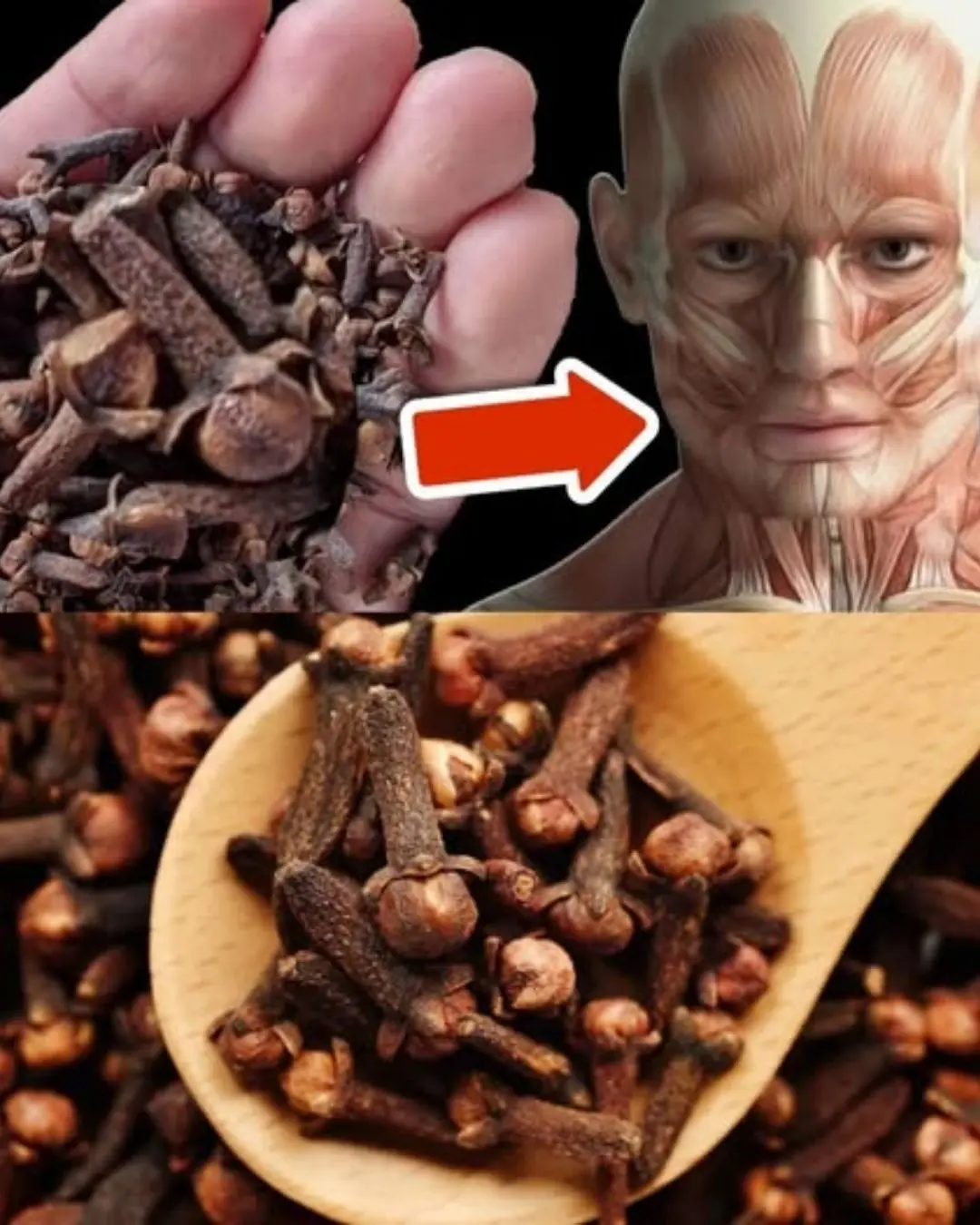
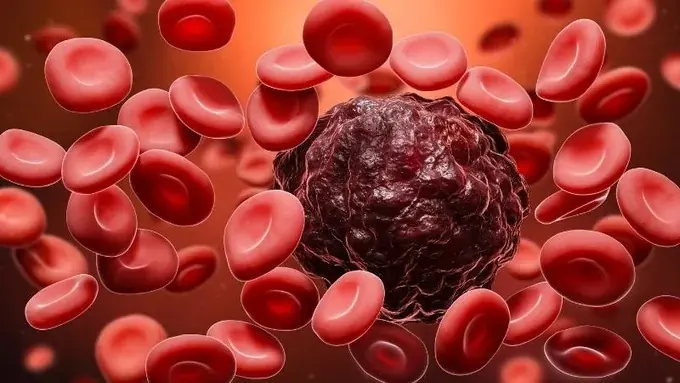
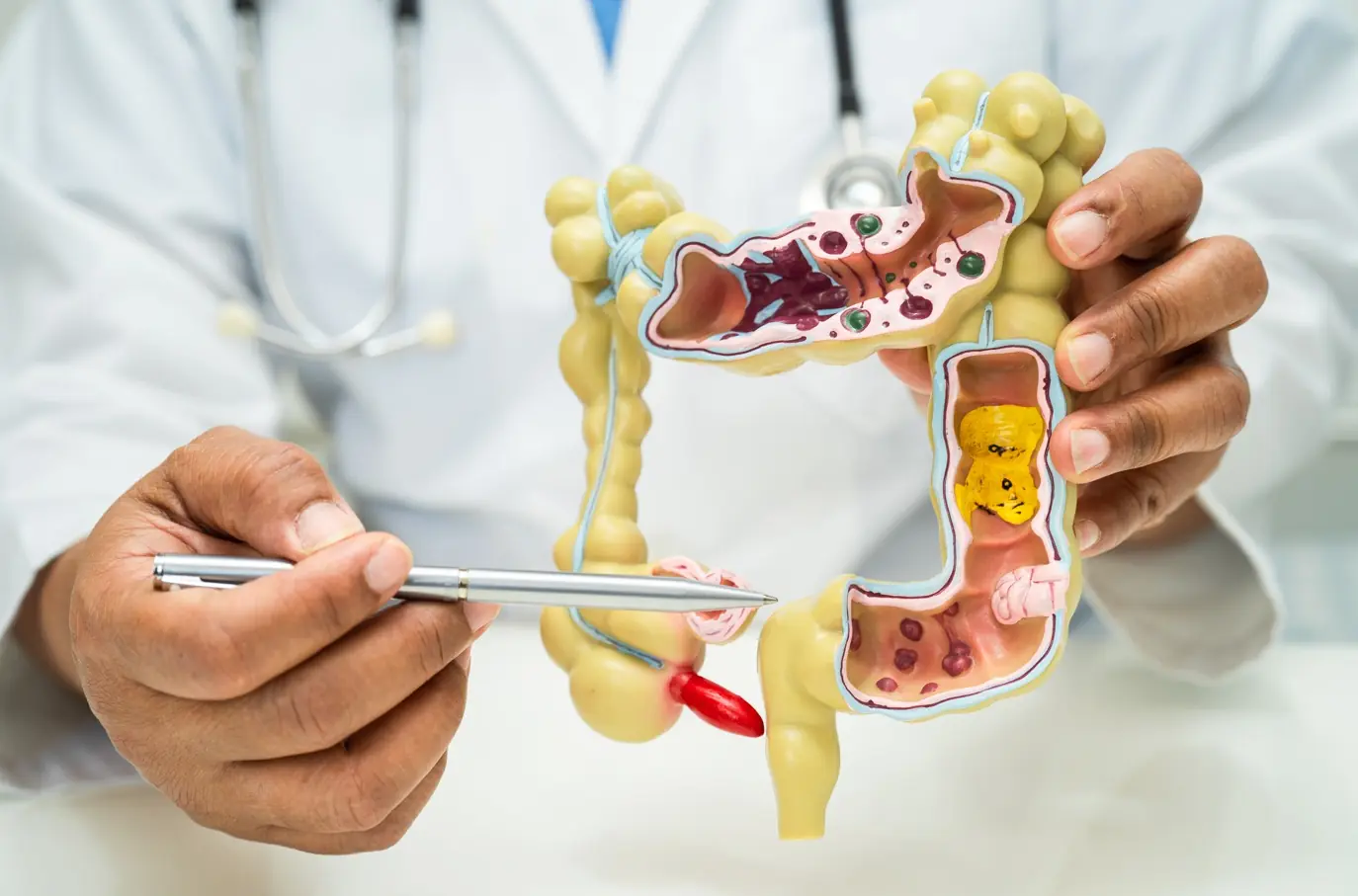


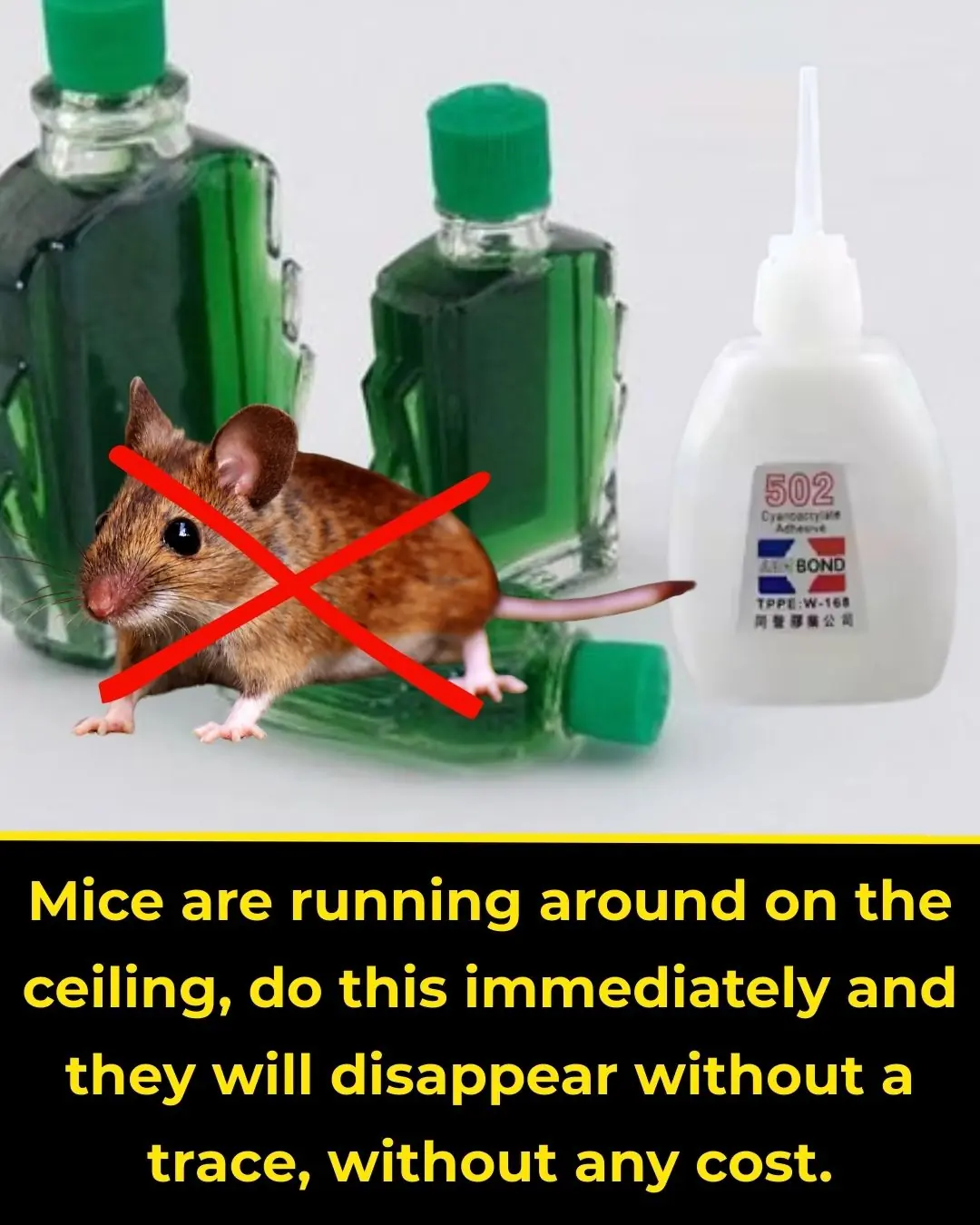

Could a simple vaccine hold the key to protecting the brain against one of the most feared diseases of aging?
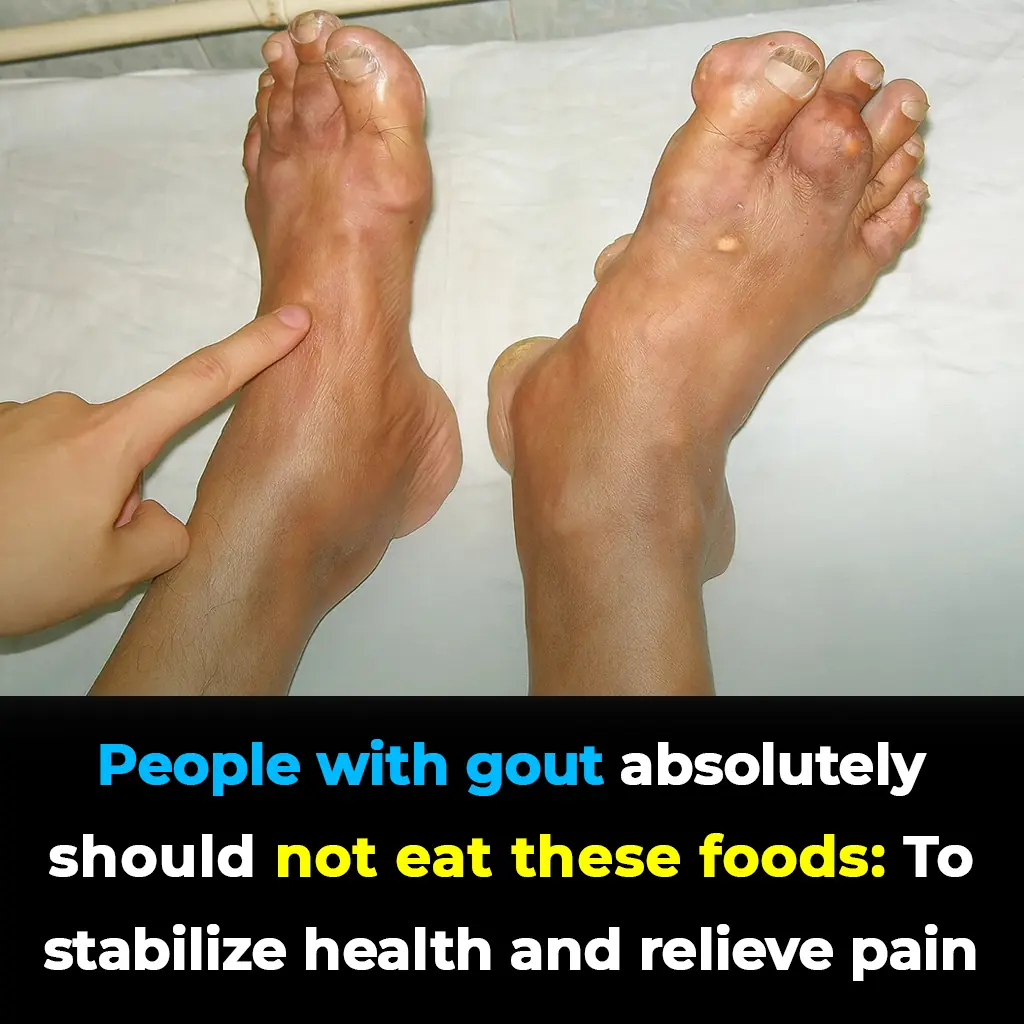
Avoiding purine-heavy foods like organ meats, processed meats, certain fish, and yeast-based products can help reduce flare-ups and maintain joint health.
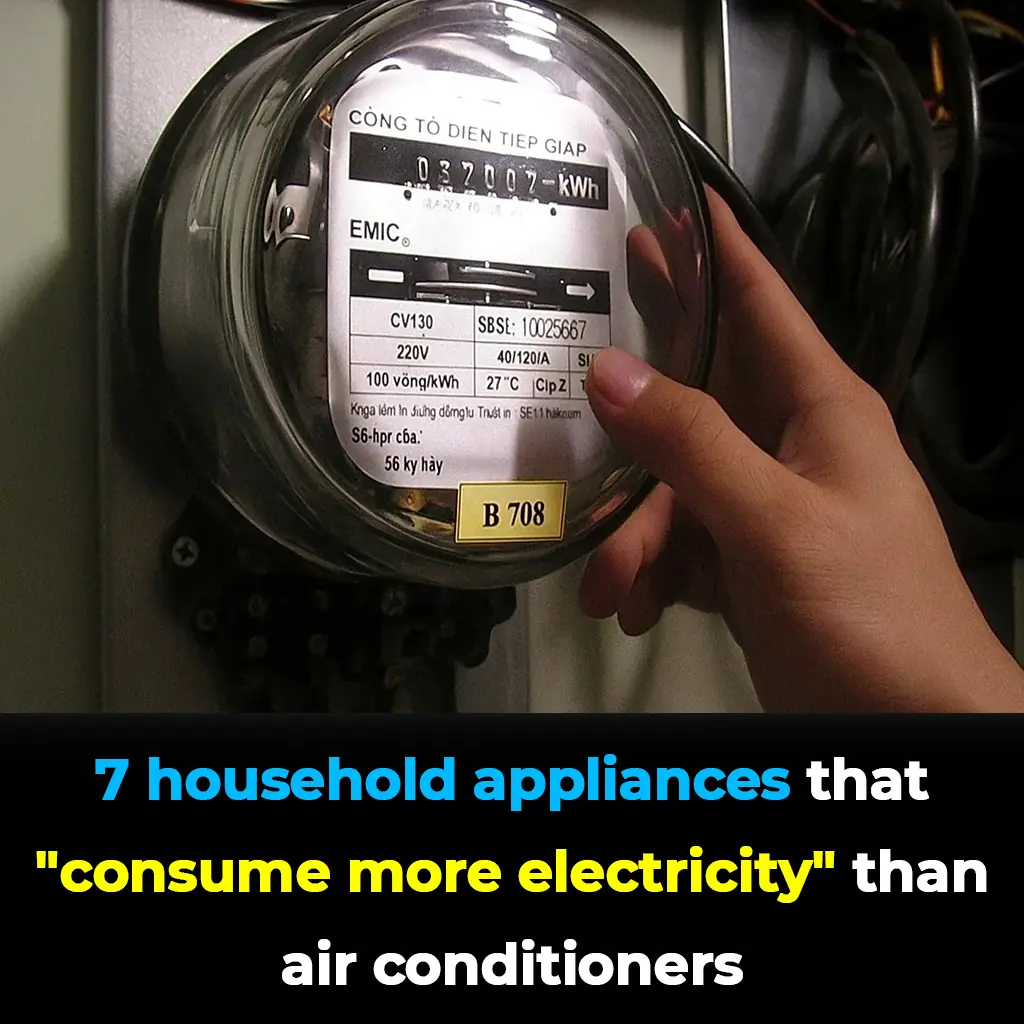
From constant-use devices like refrigerators to high-powered kitchen tools, every household has hidden electricity traps.

From elevated cancer rates to stress-induced cardiovascular disease, the profession carries health costs that demand greater awareness and intervention.


Homemade carrot oil is a simple, nutrient-packed solution for brighter, firmer, and deeply hydrated skin. Whether you choose the slow, nutrient-preserving sun infusion or the quick simmering method, this golden oil can rejuvenate your skin from the inside


